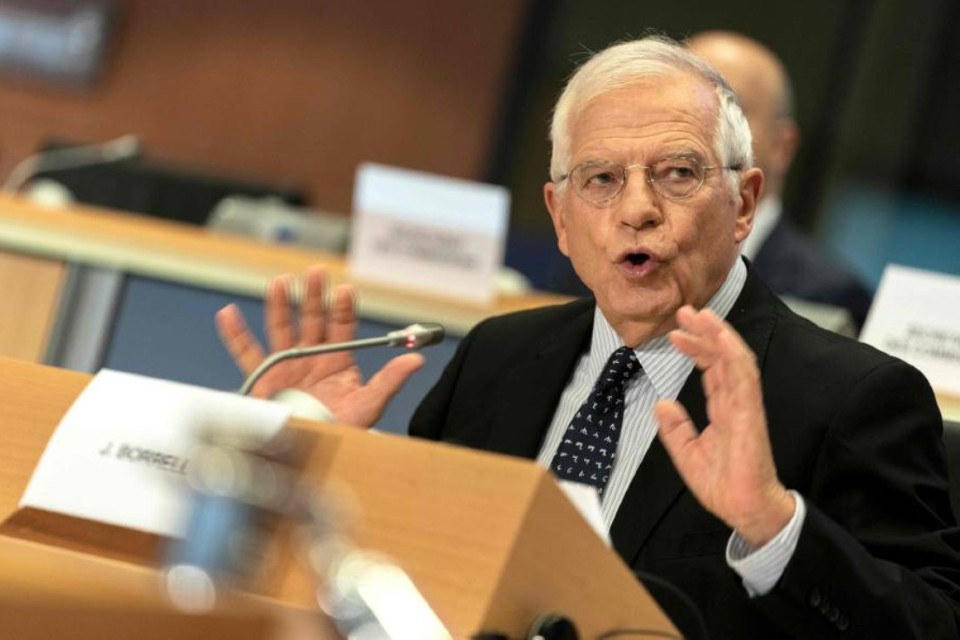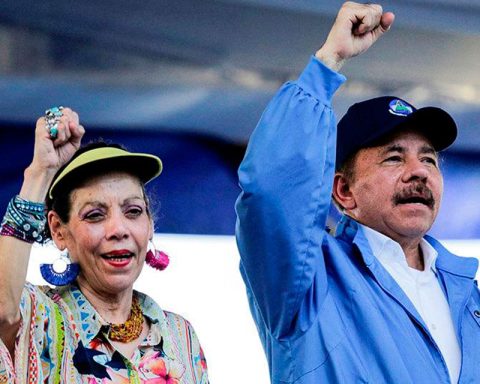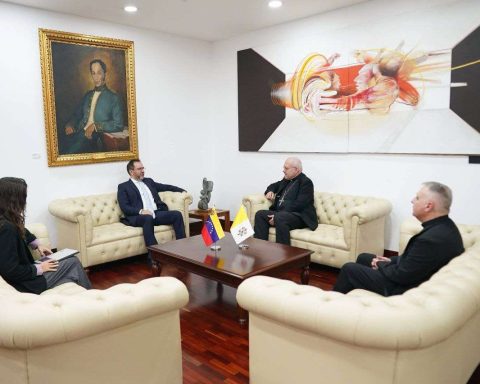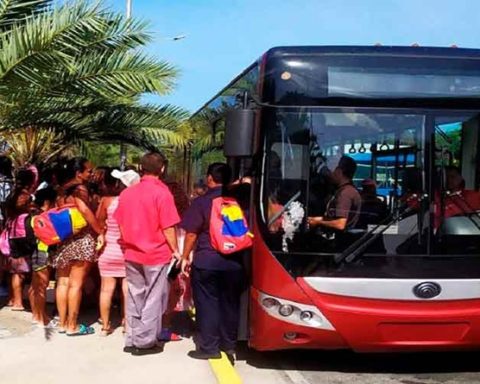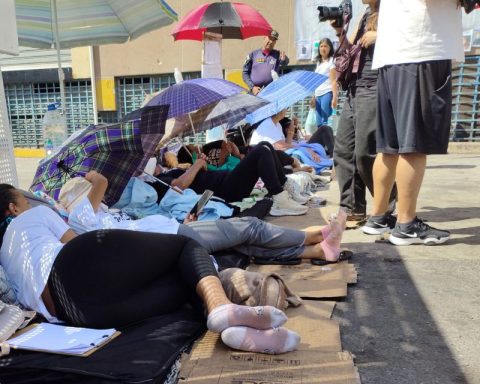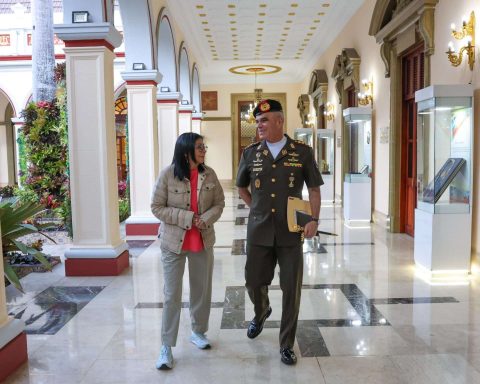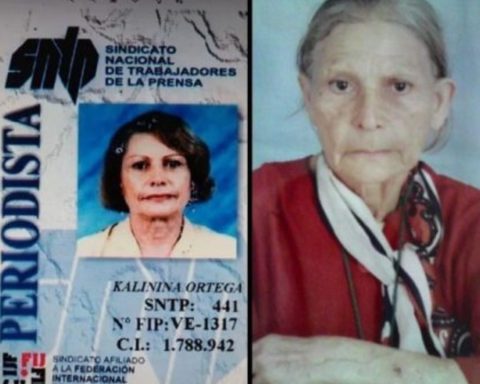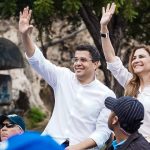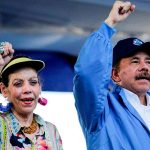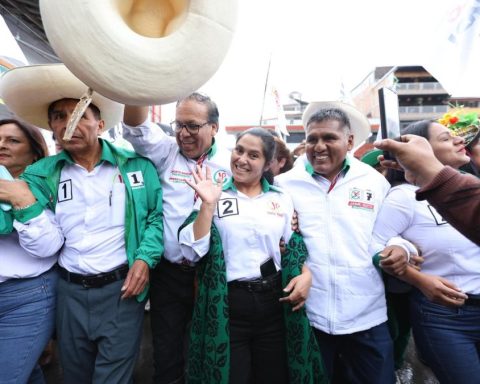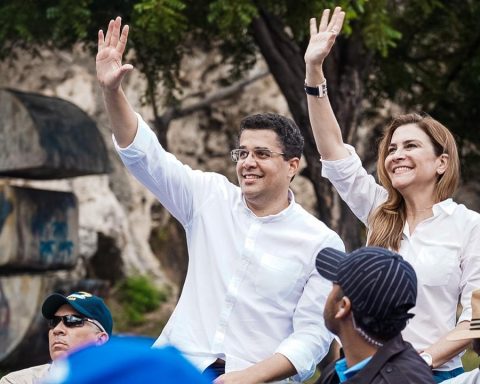Josep Borrell, High Representative of the European Union (EU) for Foreign Affairs and Security Policy, called it necessary for Venezuela to carry out a balanced process of political opening and providing financial resources, which “goes through a gradual lifting of sanctions as progress is made on the road to holding elections. He announced that Europe is thinking of a project that allows gas to be extracted, taken to Trinidad and Tobago to be liquefied and sent to that continent.
The High Representative of the European Union (EU) for Foreign Affairs and Security Policy, Josep Borrell, asserted that the government of Nicolás Maduro cannot decide who can run and who cannot run in the upcoming presidential elections. He called it necessary for the disqualifications to be lifted and the political parties to be returned to their original directives.
“Maduro cannot choose his opposition,” he said during an interview with the newspaper The country from Spainpublished on April 26, after participating in the international conference on the Venezuelan political process, which was held in Colombia on April 25.
* Also read: Gerardo Blyde believes that Maduro “did not do well” at the Bogotá conference
The EU spokesman said that the Venezuelan presidential elections will be held in 2024. He said that there is time for the country to build a transparent process. “If the elections are next year, from the electoral observation mission we have asked that the Venezuelan electoral system go through a series of reforms, we have indicated 21 points, in negotiations between the opposition and the Government that are, it seems, to completion point.”
He recognized that Venezuela needs resources to face a serious social situation. He emphasized that a balanced process of political opening and providing financial resources must be carried out, which “goes through a gradual lifting of sanctions as progress is made on the road to holding elections.”
He emphasized that the countries must set a calendar of action, in which each party plans its contribution to the Venezuelan process, since neither party “can expect the other to do everything without doing anything.” He stressed that the agreements between Venezuelans also happen because the other actors, including “the United States and Europe, contribute to this opening process” with the lifting of sanctions.
When asked about the feasibility of applying a general amnesty in Venezuela so that no one can be prosecuted, he maintained that this measure must be decided by the Venezuelans themselves.
Asked if the United States government is willing to release the Venezuelan funds frozen abroad, Josep Borrell said that the agreement reached is one that has to be completed by the parties. When asked about the departure of opposition leader Juan Guaidó from the country, he commented that “Colombians argue that he entered the country irregularly, that he was not invited. I cannot go in and tell a country how it has to preserve its borders.
On the other hand, he pointed out that the arrival of agreements in Venezuela will allow the development of joint plans. I anticipate that Europe is thinking of a project that allows gas to be extracted, taken to Trinidad and Tobago to be liquefied and sent to that continent. He pointed out that for this to happen there must be permission from the US because no company is going to risk being sanctioned.
Post Views: 314
